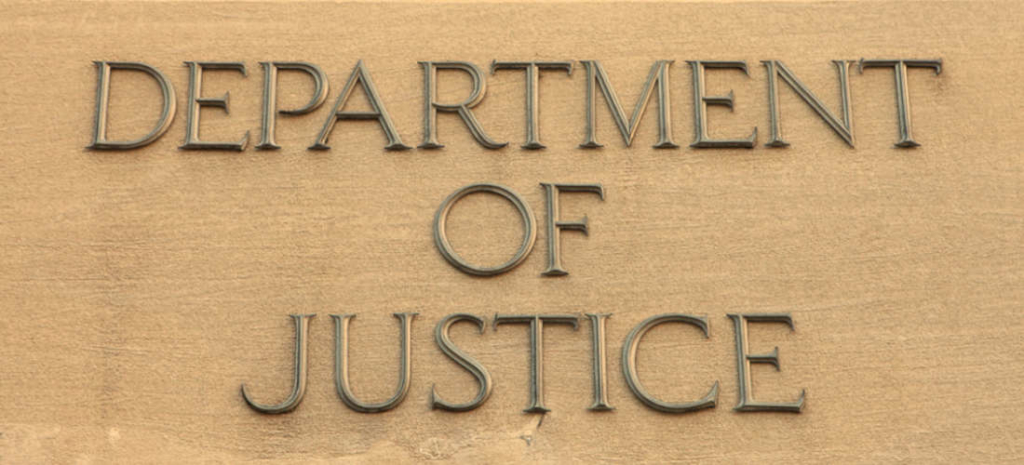March 12, 2019
On March 1, 2019, Michael Granston, Director of DOJ’s Civil Fraud Section, addressed attendees at the Federal Bar Association’s Qui Tam Conference. His remarks shed additional light on DOJ’s willingness to dismiss cases under his namesake memorandum—and why.
We previously reported on Gilead Sciences, a case in which DOJ filed an amicus brief urging the Supreme Court not to take a case concerning a central issue in the wake of Escobar: how courts should treat the government’s awareness of the very fraud later alleged by qui tam relators. Escobar addressed “actual [government] knowledge that certain requirements were violated,” 136 S. Ct. at 2003, but what about facts from which the government could have concluded there was a violation? What about prior, credible allegations that the government never pursued? These are the disputes that will continue to play out in the lower courts, since certiorari was denied in Gilead Sciences.
Like most FCA lawyers, we zeroed in on DOJ’s two stated reasons for wanting Gilead Sciences dismissed: the merits of the case and “burdensome discovery and Touhy requests” that might follow if the case proceeded. That latter caught our eye because these sorts of discovery burdens seem inevitable after Escobar has put “the effect on the likely or actual behavior of the recipient of the alleged misrepresentation” (i.e., the government) front and center. Id. at 2002. It seemed to many that this logic would open the door to more dismissals.
Mr. Granston’s remarks could be read as dispelling that notion. “Just because a case may impose substantial discovery obligations on the government does not necessarily mean it is a candidate for dismissal,” he said. He also discouraged defendants from using discovery as a tactic: “Defendants should be on notice that pursuing undue or excessive discovery will not constitute a successful strategy for getting the government to exercise its dismissal authority,” adding that DOJ “has, and will use, other mechanisms for responding to such discovery tactics.”
In our experience, that means simply refusing the party(ies) the discovery they seek. The only “mechanism” available uniquely to the government is to hide behind the Touhy regulations.[1] The “Touhy regulations,” named after the progenitor case, U.S. ex rel. Touhy v. Ragen, 340 U.S. 462 (1951), prescribe the requirements that private parties must satisfy in order to obtain discovery from the government. Each agency has its own regulations, and almost all courts review an agency’s determination of whether to comply with discovery requests under the deferential Administrative Procedure Act (APA) framework.[2] Until courts affirm that that the relevant scope of discovery should not differ based on whether the government intervenes, the government’s position (and judicial deference thereto) will continue to disadvantage both defendants and relators seeking discovery.
This is the fault line under which pressure is building. Materiality is front-and-center after Escobar, which attaches particular significance to the government’s reaction (or likely reaction) to knowledge of allegations or violations. Yet at the same time, DOJ enjoys a discovery regime under which it can deny parties the ability to to discover those reactions. Courts may not abide this for long, and may revisit either (1) whether the government really is a “third party” for discovery purposes in declined cases; or (2) even if so, whether to keep deferring to agencies’ determinations under their Touhy regulations.
[1] The government could move to quash a subpoena, of course, but that option is available to any third party. (DOJ takes the position that it is a “third party” in non-intervened cases for the purposes of discovery, which most courts have accepted—perhaps incorrectly, in our view.)
[2] See John A. Fraser III, 60 Years of Touhy, The Federal Lawyer 77 & n.39 (Mar. 2013) (“The U.S. Court of Appeals for the First, Second, Third, Fourth, Fifth, Seventh, Tenth, and Eleventh Circuits have held that courts may review an agency’s refusal to comply with a subpoena under the Administrative Procedure Act (APA)”); but see id. at 77 & n.45 (“the D.C. and Ninth Circuits have held that a litigant may challenge an agency’s refusal to comply with a subpoena by filing a motion to compel compliance under Rule 45 of the Federal Rules of Civil Procedure.”).
